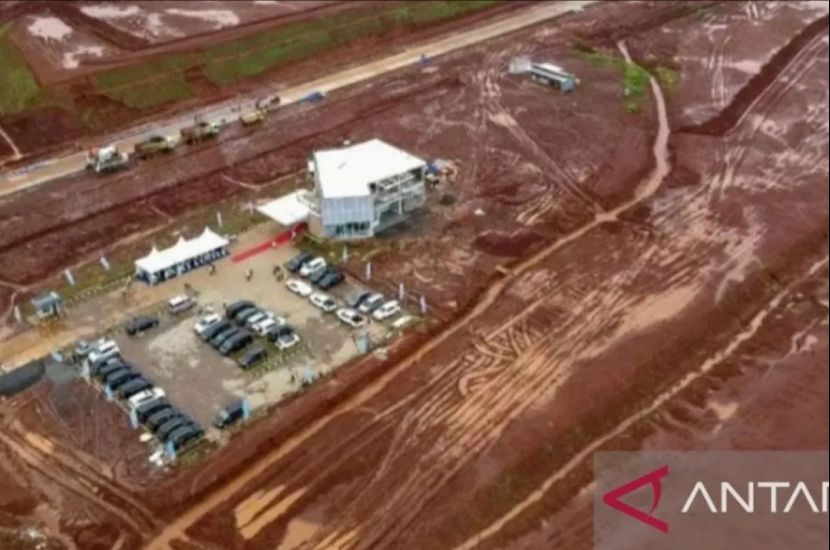Subang, West Java, Balancing Industrial and Agricultural Co-Development

Patimban Port in Subang Regency, West Java has been put into operation as a national strategic project to relieve the pressure on Tanjung Priok Port and improve the efficiency of national logistics.The port, relying on supporting infrastructure such as the Ketajati Airport and highway, is expected to become a new center of economic development outside of Jakarta, spurring economic growth in the regions of Inrebun, Subang, and Majalengka, and promoting the transfer of industrial zones from Cikarang and Karawang in Bekasi to Subang. Four large companies have already been granted licenses to operate in the industrial zone in Subang district, namely Subang Smartpolitan (Suryacipta Group), PT Comarindo Pratama, PT Intijaya Subang Industri and PT Taifa, which are in the process of Cipeundeuy, Kalijati, Purwadadi and Pagaden, which are constructing industrial zones in four different areas. These constructions are in line with the Industrial Law and the Government Regulation on Industrial Zones, aiming to enhance the country's industrial competitiveness, promote economic growth, create employment opportunities and achieve balanced development. Referring to the experience of existing industrial zones such as Karawang, Subang may face spatial planning, human resources, environment, socio-economic, infrastructure, labor, and demographic issues such as environmental pollution, traffic congestion, and crime cases. The Subang district government needs to take several initiatives, including fostering high quality and competitive human resources, strengthening MSME products, improving regional spatial planning to prevent the functional conversion of agricultural and plantation areas, and formulating comprehensive regulations (e.g., local ordinances or ordinances of district governors) to cope with the possible problems. The Subang Governor is committed to improving the quality of labor force, reducing unemployment through competency-based training (currently there are about 67,000 unemployed people in Subang), and ensuring that the local labor force is able to participate in employment in industrial zones. It is also committed to protecting green space and agricultural areas, maintaining environmental balance, and safeguarding Subang's status as a national food reserve area (its annual rice production averages 1.3 million tons of dry paddy).

